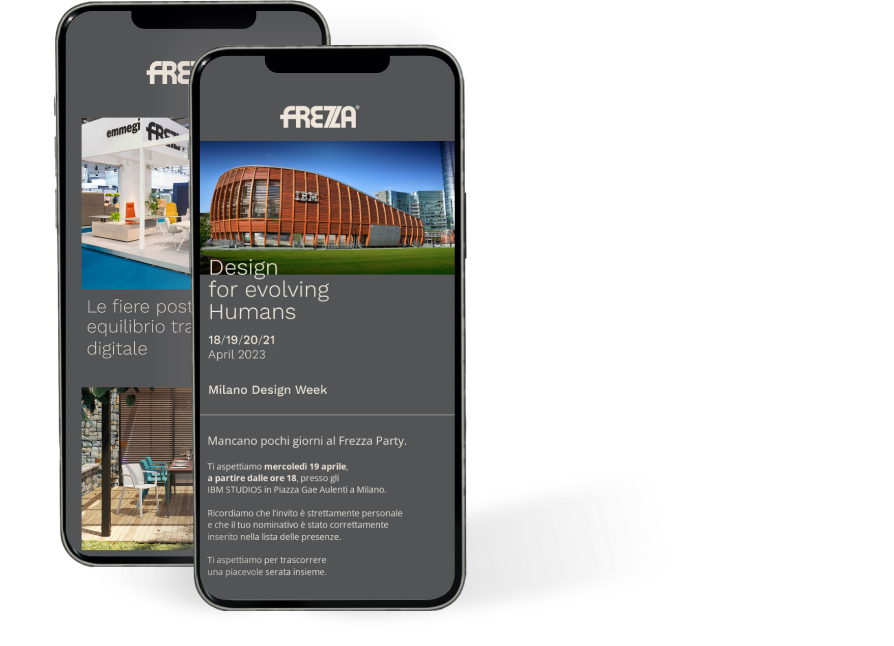The classic framework with units of time, place and action, that saw work framed in corporate spaces and office hours, has broken down in favour of a more mobile and fluid model.
The post-Covid revolution
Workplaces have been adopting flexible space strategies for years, but the pandemic has reinforced this trend. In a a recent CBRE survey on the future of the office 66 % of medium-sized companies and 80 % of large companies envisaged ‘hybrid driven flexibility’ in the future. On the other hand, workers are also demanding more flexibility: according to another survey, 75% of employees would like to work from home at least one day a week.
Moving towards hybrid work
The new methods bring together the interests of both sides: companies can be more resilient, employees have more flexibility and both sides can save money, as demonstrated in a study by Global Workplace Analytics. With pros and cons already analysed in these pages, work is increasingly taking on a hybrid format, capable of mixing on-site and remote modalities, alternating between home and office. In this context, Office Hoteling is becoming increasingly popular.
What is Office Hoteling?
Office Hoteling is a flexible working practice that allows employees to book a workspace (desk, meeting room or personal office) prior to arriving at the office in accordance with work requirements. Personal desks with plants, photos and children’s drawings would therefore disappear, giving space to shared office desks available to everyone, but only by reservation and for temporary use. Just like in hotel reservations, workers use an app to find and reserve space and then check in upon arrival.
How to create effective Office Hoteling
The transition to hoteling requires a new view of work and the office. It’s therefore essential to communicate the changes clearly and to develop processes that are easy to follow. Office Hoteling naturally needs a simple booking software and demands a different way of furnishing and equipping the office.
How workspaces are changing
According to a Microsoft research entitled “The Next Great Disruption is Hybrid Work – Are We Ready?” 66 % of leaders say that their organisations are considering rethinking their workspaces to meet the new requirements. This means being able to reduce space with considerable cost savings but, at the same time, it implies the need to configure offices in a flexible way with greater collaboration and interaction in mind, without forgetting about privacy areas: more meeting tables, large monitors, breakout areas, devices for reserving workstations…
In a context where workspaces and times are evolving, the concept of furniture is also changing, offering quality solutions to the new generations of agile workers. It’s therefore important to be able to count on aesthetic and functional furniture elements, with desks and ergonomic seating solutions designed for an operative office that favours collaboration but also well-being and privacy.

